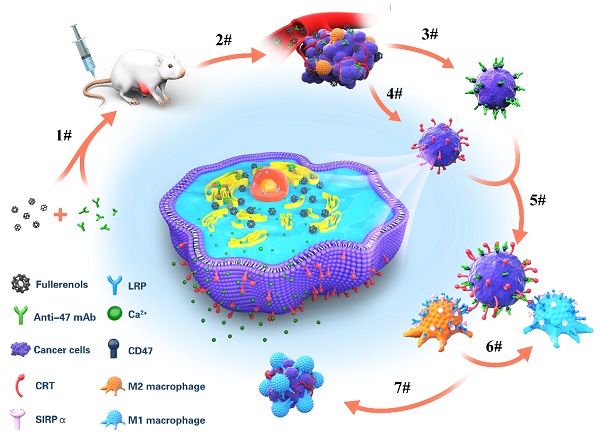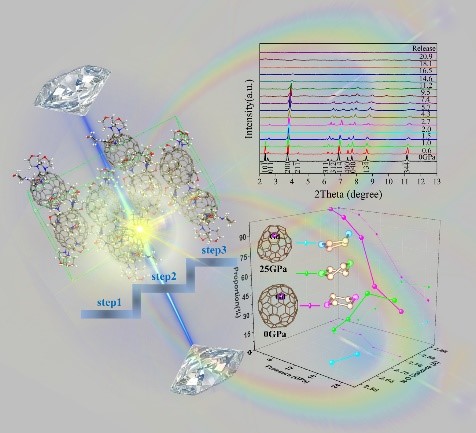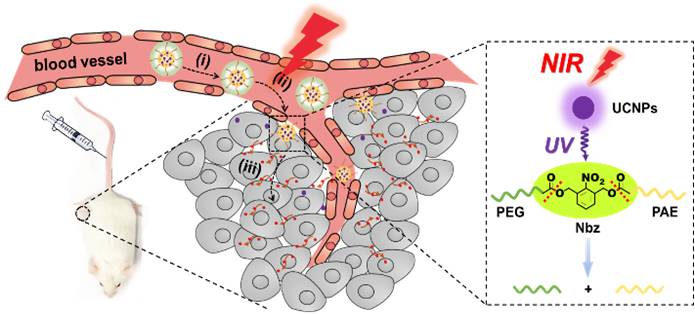Study Reveals Fullerenol Nanoparticles Induce Calreticulin Exposure to Trigger Robust Anti-tumor Immunity
Prof. XING Gengmei's research team from the Institute of High Energy Physics of the Chinese Academy of Sciences recently reported that fullerenol nanoparticles could be used as a safe calreticulin (CRT) exposure inducer to boost the anti-tumor immune efficiency of anti-CD47 monoclonal antibodies (mAbs). The study, entitled “Fullerenols boosting the therapeutic effect of anti-CD47 antibody to trigger robust anti-tumor immunity by inducing calreticulin exposure,”was published in Nano Today.
Phagocyte-mediated programmed cell removal (PrCR) plays an important role in the immunosurveillance and elimination of cancer cells. The induction of PrCR is elevated by exposed CRT on cell surfaces as an “eat me” signal, and countered by a "don't eat me" signal, CD47. Thus, well-tolerated CRT exposure inducers are beneficial to anti-CD47 therapy.
In this study, fullerenol nanoparticles induced CRT exposure without the occurrence of immunogenic cell death, thus eliciting efficient PrCR, re-educating macrophages within the tumor microenvironment, and enhancing anti-tumor efficiency.
Collectively, fullerenol nanoparticles might be a better substitute for ICD inducers to increase “eat me” signals and initiate macrophage-mediated PrCR. A combination of fullerenols and anti-CD47 mAbs not only could improve the curative effect of anti-CD47 mAbs in vivo, but could also attenuate hemotoxicity and reduce the needed dosage of anti-CD47 mAbs.
This study was supported by the Synchrotron Radiation Facility, and funded by the National Natural Science Foundation of China and the Xiejialin Foundation of IHEP.

Contact Information
Mr. GUO Lijun
ljguo@ihep.ac.cn

